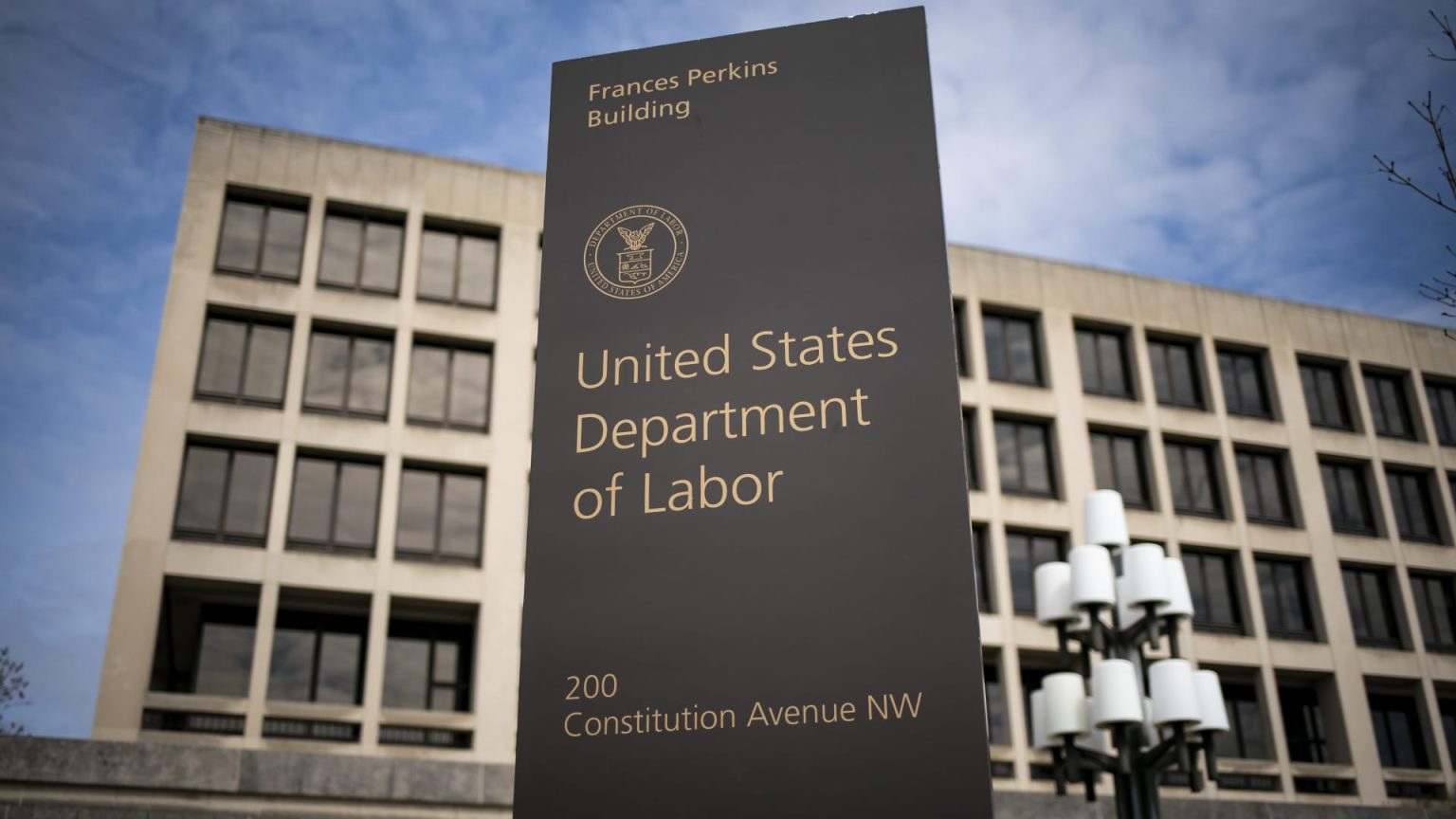The final rule issued by the Biden administration aims to crack down on the investment advice given to retirement savers to ensure that it is in their best interests. This rule expands when advisors, brokers, and intermediaries must act as fiduciaries, putting their clients first. It takes effect on September 23 and seeks to provide greater protections as current rules do not adequately safeguard savers. The goal is to prevent conflicts of interest which could result in recommendations that are not in the client’s best interests, potentially reducing their savings.
The Labor Department’s effort focuses on areas such as rollovers from 401(k) plans to individual retirement accounts and purchases of insurance products like annuities. Conflicts of interest can lead to financial professionals recommending transactions that pay them higher fees but are not necessarily beneficial for the client. The Council of Economic Advisers estimates that Americans lose up to $5 billion a year due to conflicts of interest relating to indexed annuities. The Department of Labor emphasizes the need to protect retirement savings, which for many people, are their most significant sources of savings. The ultimate goal is to ensure that these important and tax-preferred savings are safeguarded.
The finalized rule does not differ significantly from the Biden administration’s initial proposal and will be implemented in two stages. The financial industry must acknowledge fiduciary status by September 23 and adhere to impartial conduct standards, including being prudent, loyal, truthful, and charging reasonable fees when providing personalized investment advice to customers. Further aspects of the rule come into effect in September 2025. There is concern regarding the astronomical amount of money being rolled over from 401(k)-type plans into IRAs, particularly as more baby boomers enter retirement. The Labor Department is focused on preventing conflicts of interest that could result from incentivized rollovers, potentially harming savers.
Industry groups argue that the regulation is unnecessary and could harm retirement savers. The American Council of Life Insurers states that the new regulation is alarmingly similar to the 2016 regulation under President Obama, which caused significant disruption to investor accounts and savings. They believe that federal and state rules already in place offer robust consumer protections for retirement savers and question the need for additional regulation. The Labor Department aims to level the playing field in the retirement context, believing that existing regulatory schemes may not be sufficient to protect savers adequately. The final fiduciary rule is designed to strike a balance that protects investors without imposing undue burdens on the financial industry.
Labor officials emphasize that the final fiduciary rule is significantly different from the Obama-era regulation and has been informed by feedback from the public and legal considerations. The goal is to protect investors without placing excessive burdens on financial professionals. The Department has worked to address concerns raised by industry groups and ensure that the rule provides needed protections for retirement savers. By improving the standards of conduct for financial professionals and preventing conflicts of interest, the Department aims to safeguard the retirement savings of Americans. The rule is part of a broader effort to ensure that investment advice given to retirement savers is in their best interests and helps them achieve their long-term financial goals.


